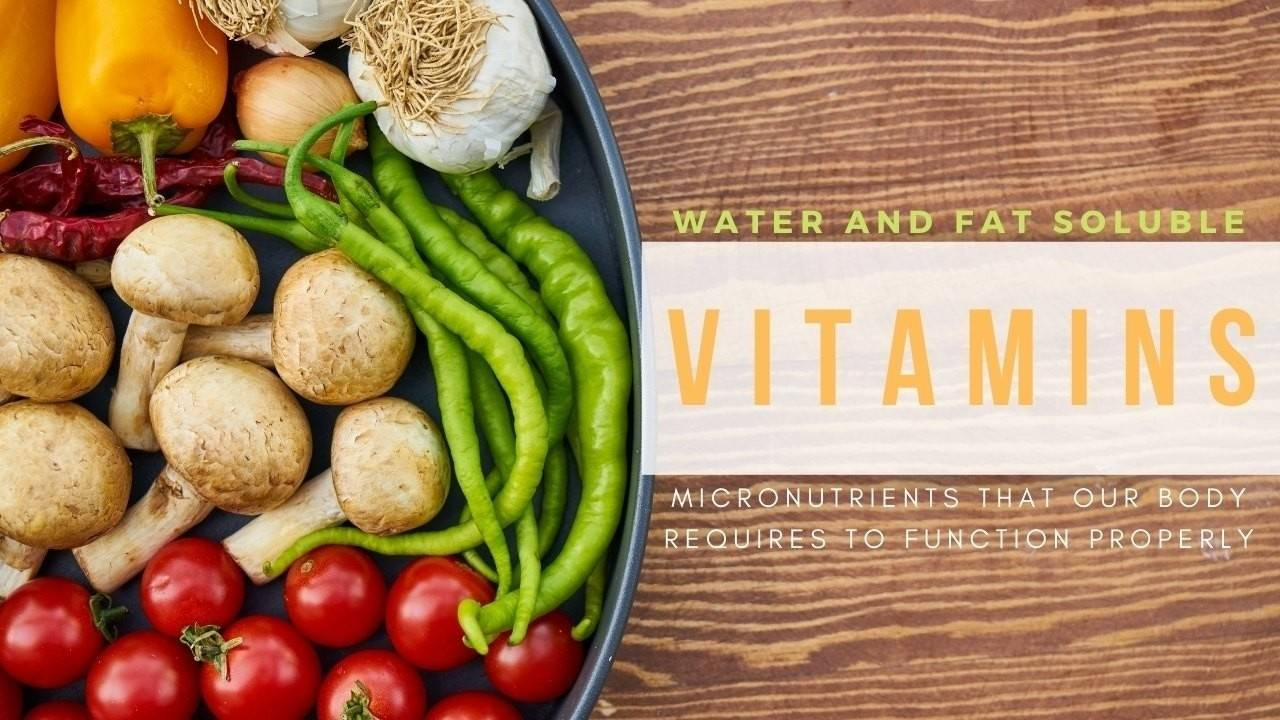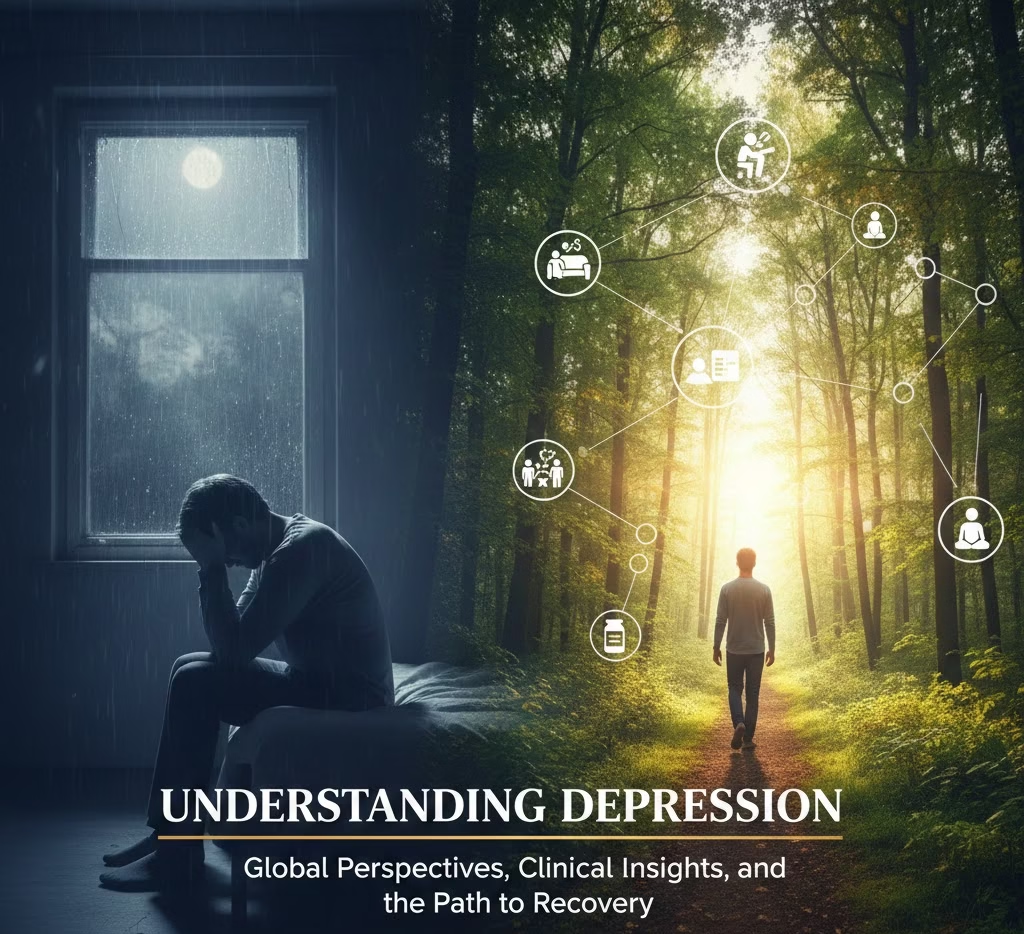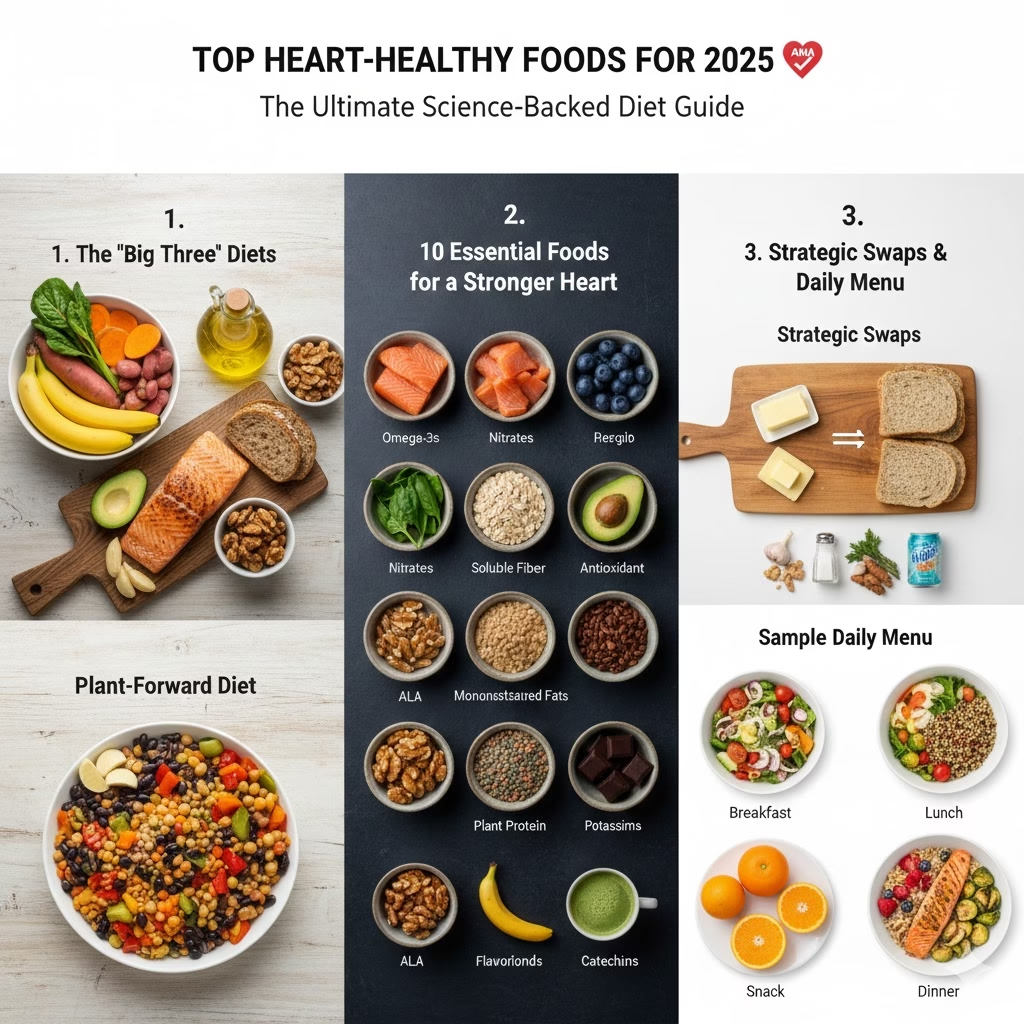If you’ve ever wondered why some vitamins disappear from your system quickly while others stick around for the long haul, you’re not alone. Vitamins are like the quiet power players of health, keeping your body running smoothly—fueling energy, building strong bones, supporting immunity, and even giving your skin that healthy glow. But here’s the thing: not all vitamins work the same way. Some break down in water and travel quickly through your body, whereas others require fat to be absorbed and can be stored for months.
Break it down. Vitamins are divided into two groups: water-soluble and fat-soluble. Water-soluble vitamins—such as vitamin C and all of the B vitamins—break down in water and go directly into your bloodstream. Your body takes what it needs immediately, and whatever is left over is washed out when you urinate. Because you don’t actually “store” them, you require a daily consistent supply via your diet. The B vitamins—thiamine (B1), riboflavin (B2), niacin (B3), pantothenic acid (B5), pyridoxine (B6), biotin (B7), folate (B9), and cobalamin (B12)—are essential for converting food to energy, creating red blood cells, maintaining your nervous system, and even creating DNA. Vitamin C is a doozy too—it supports your immune system, increases iron absorption, functions as an antioxidant, and helps maintain your skin and tissues.
Since water-soluble vitamins are so quickly lost—via cooking, sweating, or simply run-of-the-mill bathroom visits—it’s a good idea to have a variety of fruits, vegetables, whole grains, beans, and fortified foods in your diet. Otherwise, deficiencies can set in and lead to issues like fatigue, anemia, poor wound healing, or even nerve problems in the case of B12. The good news is that toxicity is rare since your body doesn’t hold onto extra amounts. Still, it’s best not to overdo supplements unless your doctor recommends it.
Fat-soluble vitamins work by other rules. Vitamins A, D, E, and K are dissolved in fat and taken up with your dietary fats in your small intestine. When they are in there, they are stored in your liver, muscles, and body fat for future use. That storage system makes deficiencies less likely—but it also means you could end up storing too much if you take large doses of supplements. These vitamins are like your body’s long-term investment plan.
Every fat-soluble vitamin has a specialty of its own. Vitamin A assists with vision, immunity, and cell growth. Vitamin D makes your bones strong by enabling you to absorb calcium and phosphorus. Vitamin E is an antioxidant that protects your cells from getting damaged. Vitamin K is important for clotting blood and maintaining bone health. You can get these nutrients in foods such as egg yolks, liver, fatty fish, dairy, leafy greens, nuts, seeds, and healthy oils. But here’s an important fact: without sufficient fat intake, your body won’t properly absorb them. So if you are on a very low-fat diet, you could be missing out even if you’re consuming the correct foods.
When your body doesn’t receive enough of these fat-soluble vitamins, the consequences can be severe—such as night blindness due to inadequate vitamin A, osteoporosis due to insufficient vitamin D, or blood clotting problems due to a lack of vitamin K. But taking too much is even riskier. Too much vitamin A, for instance, can be toxic during pregnancy, and too much vitamin D leads to calcium accumulating in harmful ways. That’s why adhering to suggested dosages—and consulting with a medical professional first before piling on supplements—is so crucial.
In the final analysis, obtaining proper vitamins is not all about supplements. The best strategy is consuming an equally balanced and diversified diet that’s rich in whole foods: fruits, vegetables, lean proteins, healthy fats, and whole grains. Supplements may be useful in filling in gaps—particularly if you’re pregnant, vegan, or have certain medical conditions—but they can’t replace actual food. And let’s not forget, how your body uses and absorbs vitamins has to do with more than just what goes into it. Stress, sickness, and even the way you prepare your meals can play a role.
Understanding the difference between fat-soluble and water-soluble vitamins puts you ahead in making better decisions for your health. Whether you’re seeking more energy, healthier bones, or an improved immune system, knowing how the vitamins work—and where to find them—can leave you feeling your best every day.














